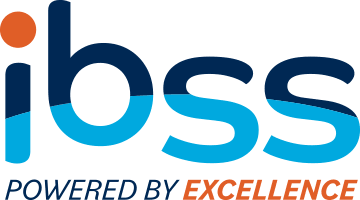No One Is Safe From Identity Theft. Are You Next?
With nearly 60 million Americans being affected by identity theft according to a 2018 online survey conducted by The Harris Poll, there is a chance you may fall victim next. Identity theft is one of the most common outcomes from data breaches.
Identity Theft is the fraudulent acquisition and use of a person’s private identifying information, usually to gain financial benefit.
Thieves can use personal identifiable information (PII) as a way to steal your identity. Common examples of PII include name, social security, birthday, phone numbers, citizenship, gender, race/ethnicity, driver license number, biometric data, asset information (IP or MAC addresses), medical information, and more.
Here are the 10 common ways your identity can be stolen:
- Data Breaches
- Internet Hacking
- Dark Web Marketplaces
- Malware Activity
- Credit Card Theft
- Mail Theft
- Phishing and Spam Attacks
- WiFi Hacking
- Mobile Phone Theft
-
ATM Skimmers

How Can It Affect You?
Being victim to identity theft can place you through immediate financial loss, damage to your credit score, and being at risk for others to steal your information from other sources. There are financial and emotional impacts of identity theft since the time and money involved to resolve the issue brings emotional distress. Many experience fear regarding their personal and financial security safety, a sense of powerlessness, distress by the misuse of their information, and some have even sought professional help to alleviate physical symptoms.

6 Tips to Protect Yourself
- Protect your social security number – Do not carry your SSN card with you.
- Fight “phishing” bait – Be wary of scam artists who pretend to be other entities to lure you in giving your personal information.
- Maintain strong passwords – Use sentences to make it harder for brute force attacks or for others to guess.
- Be mysterious on social networks – Oversharing information such as your birthday, location, name, and so on only makes it easier for thieves to obtain your PII.
- Check your statements – Carefully check for unauthorized chargers or withdrawals and report suspicious activity immediately.
- Encrypt your emails – All the date in your messages are at risk if you are not using end-to-end encryption.
About IBSS
Since 1992, IBSS has provided specialized professional and technical, cybersecurity, IT, and software engineering solutions to the Federal sector. Our clients include the National Oceanic and Atmospheric Administration (NOAA), the Department of Defense (DoD), and the Department of Justice (DOJ). We are committed to serving our clients and employees by delivering service excellence, creating value through technology, and continually improving our skills, services, and processes. Moreover, we maintain an ISO 9001:2015 certification which allows us to optimize current industry best practices to enhance delivery outcomes for our clients.


